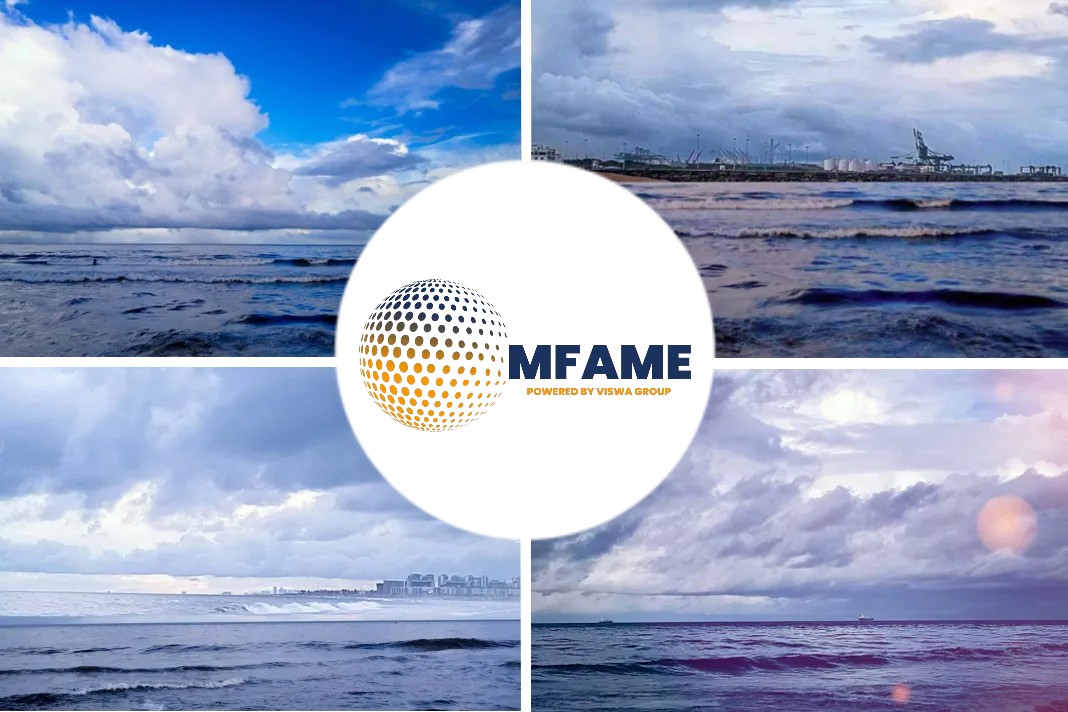- The skyrocketing price of shipping goods across the globe may rise from that cup of coffee you get each morning to the toys you were thinking of buying your kids.
- Transporting a 40-foot steel container of cargo by sea from Shanghai to Rotterdam now costs a record US$10,522, a whopping 547 per cent higher than the seasonal average.
- With upwards of 80 per cent of all goods trade transported by sea, freight-cost surges are threatening to boost the price of everything from toys to coffee.
A recent Straits Times news source says that out-of-control shipping costs fire up prices from coffee to toys.
What are the reasons for soaring prices?
A confluence of factors have contributed to the squeeze on transportation capacity on every freight path. They are as follows,
- Soaring demand
- Shortage of containers
- Saturated ports and
- Too few ships and dock workers.
Recent Covid outbreaks in Asian export hubs like China have made matters worse.
The pain is most acutely felt on longer-distance routes, making shipping from Shanghai to Rotterdam 67 per cent more expensive than to the US West Coast, for instance.
Insignificant impact on inflation
Often dismissed as having an insignificant impact on inflation because they were a tiny part of the overall expense, rising shipping costs are now forcing some economists to pay them a bit more attention.
Although still seen as a relatively minor input, HSBC Holdings estimates that a 205 per cent increase in container shipping costs over the past year could raise euro-area producer prices by as much as 2 per cent.
Companies trying to work
Companies are desperately trying to work around the higher costs.
Some have stopped exporting to certain locations while others are looking for goods or raw materials from nearer locations, according to Philip Damas, founder and operational head of Drewry Supply Chain Advisors.
While many economists note that even a full pass-through of higher shipping fares to consumers will have a marginal effect on headline inflation, Volker Wieland, a professor of economics at the Goethe University in Frankfurt and a member of the German government’s council of economic advisers, warns that they might not be sufficiently factored in.
Did you subscribe to our daily newsletter?
It’s Free! Click here to Subscribe!
Source: Straits Times
















